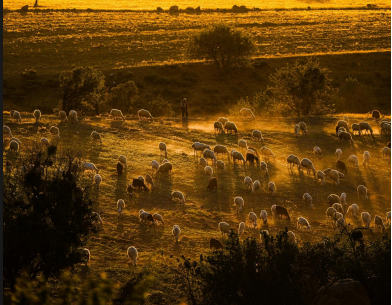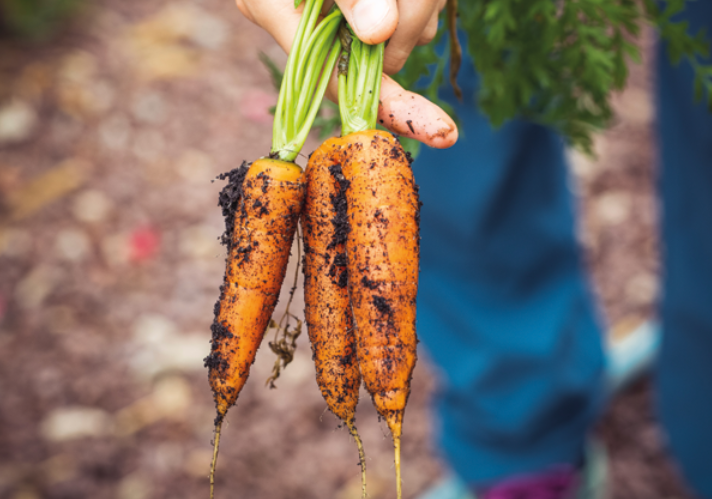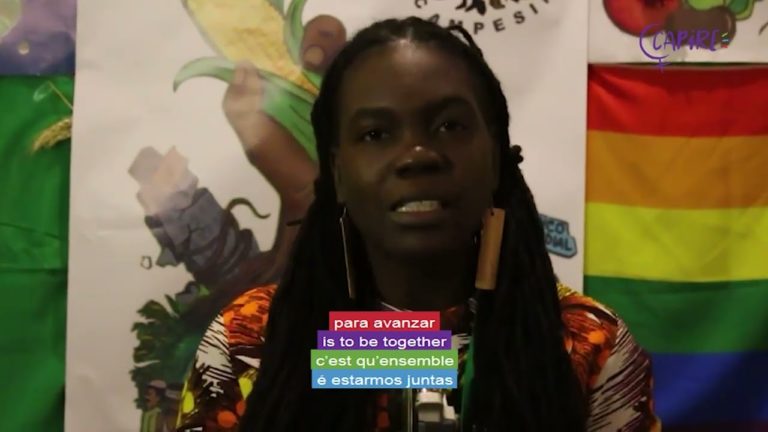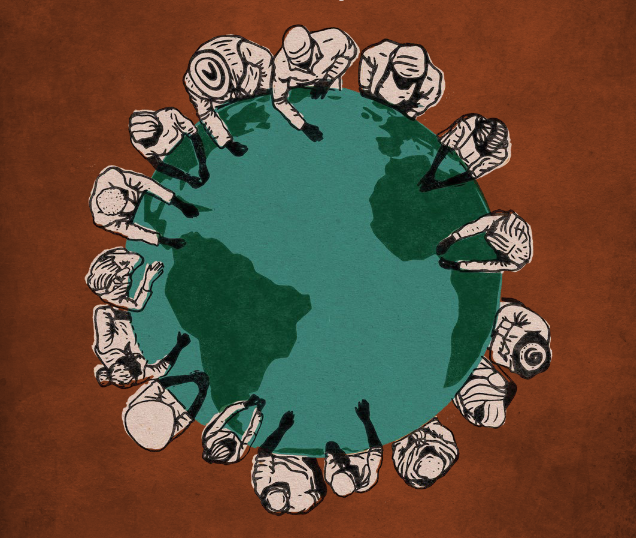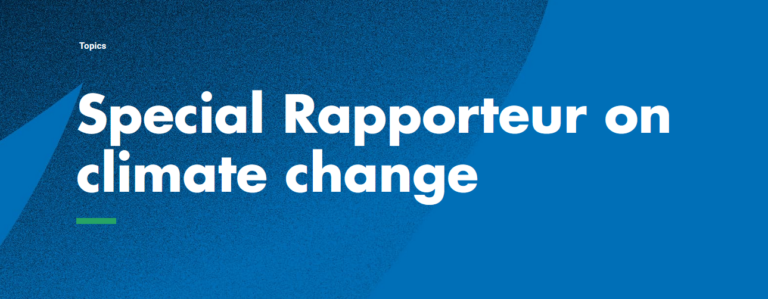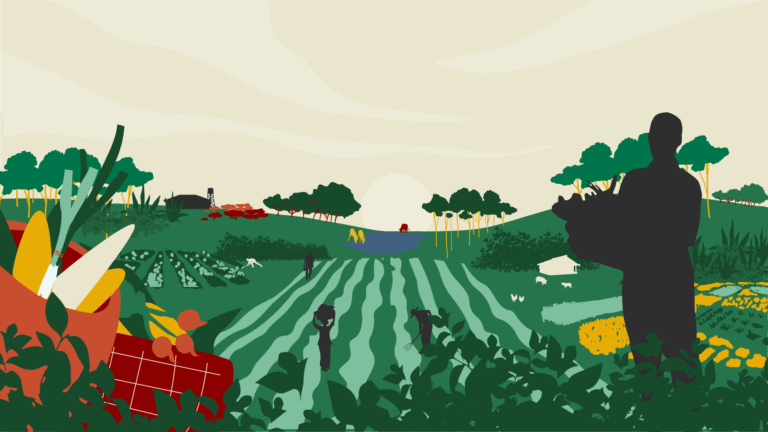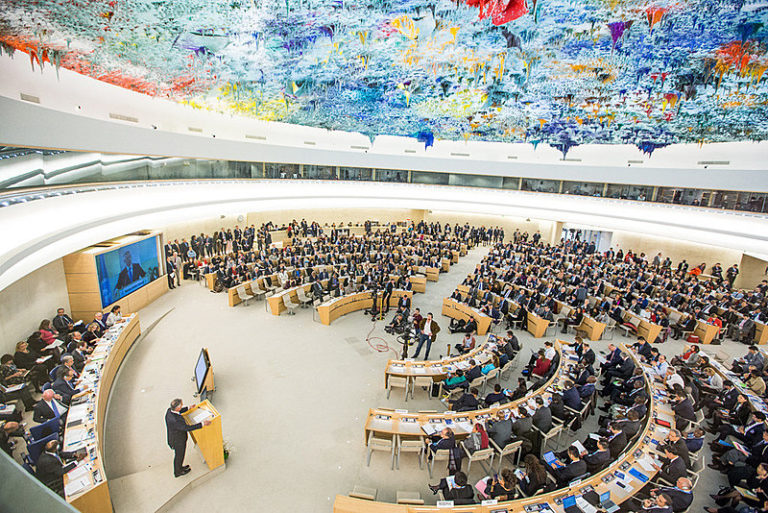Webinar : Voices of Indigenous Pastoralists on 2026 – Year of Rangelands and Pastoralists
2026 has been declared by the United Nations Organization the International Year of Rangelands and Pastoralists. WAMIP, the World Alliance of Mobile Indigenous Peoples, is preparing for this year, to make sure that the voice of pastoralists will be front and center and their rights upheld. Pastoralists are directily recognized as rights holders of UNDROP. They are named in its first article defining who are the rights holders.
“The present Declaration also applies to indigenous peoples and local communities working on the land, transhumant, nomadic and semi-nomadic communities, and the landless engaged in the above-mentioned activities.” Article 1 §3 UNDROP
On March 13th, 2025, WAMIP held a webinar on the International Year of Rangelands and Pastoralists (IYRP) 2026. The webinar was a complete presentation of WAMIP and of the lives of pastoralists around the globe, with presentation from representatives from : Jordan, India, Europe, Mongolia, Kenya, Uganda, Argentina, Morroco and Iran. They gave thorough analysis of the current context and crisis facing them, but also good exemples of advocacy and concrete programs on the field. You will find below all the recording of the webinar and all the materials shared by WAMIP after the webinar.
WAMIP IYRP 2026 Webinar: Recording, Insights & Additional Resources
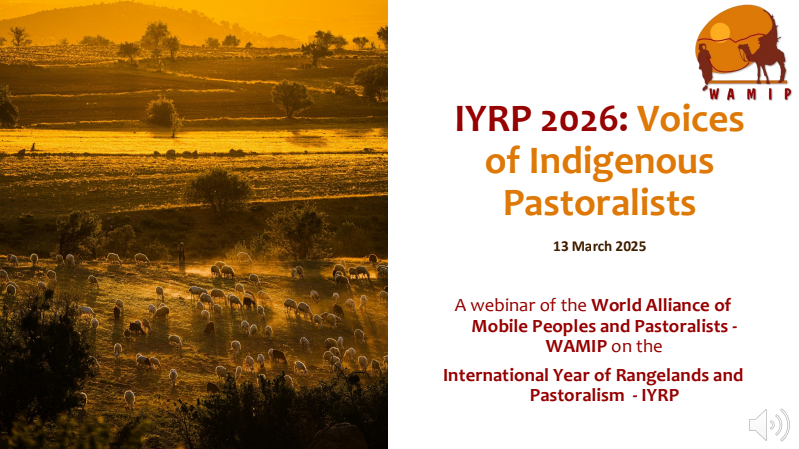
We are pleased to share the webinar recording and presentation slides with you:
📺 WAMIP IYRP 2026 Webinar – Watch here
📑 Webinar Slides – Access here
Additionally, we would like to share two videos contributed by WAMIP members, highlighting the realities and experiences of pastoralist communities in different regions:
🌎 Latin America (Peru) – Watch here
🌏 South Asia (India) – Watch here
We are also grateful to Nyéléni Food Sovereignty Movement for publishing reflections from the webinar, with a special focus on pastoralist women’s leadership and resilience in honour of March as the month of Working Women’s Struggle. You can read their article here:
📝 Voices of Pastoralist Women: Leadership and Resilience – Read here
As we move forward, we must continue to amplify Indigenous pastoralist voices in the governance of IYRP 2026. Let’s remember and renew our promise to leave no one behind through strengthening, recognising, and involving the pastoralist governance institutions to enable their participation in decision-making and policy-making processes linked to their destiny at all levels.
Here are the key calls to action raised during the webinar:
- Pastoralists as Right-holders, Not Just Stakeholders – Pastoralists must have a direct role in co-managing IYRP 2026, with pastoralist civil society organisations actively involved in its governance at all levels. We urge nation-states, with the support of FAO, to form smaller steering committees with key pastoralist right-holders and relevant stakeholders and launch a dedicated trust fund to implement actions. The governance of IYRP must acknowledge and integrate established pastoralist organisations, ensuring fair representation in decision-making, including the management of trust funds.
- Securing Land & Resource Rights – Immediate action is needed to halt land grabs, mining, and large-scale infrastructure projects that displace pastoralists. Governments must respect Indigenous land tenure, mobility rights, and access to water.
- Ensuring Connectivity & Mobility Rights – Animal trails, migration routes, seasonal pasture access, and customary governance systems (such as ICCAs) are crucial for sustainable rangeland management.
- Upholding Food Sovereignty & Trade Justice – The current global trade system prioritises profit over people. Alternative trade frameworks must safeguard small-scale food producers, ensuring fair markets and protection against agribusiness expansion.
- Empowering Women in Governance – Women pastoralists face exclusion from decision-making. Addressing structural barriers, securing land rights, and supporting their leadership in rangeland management are critical.
- Youth Engagement & Education – Young pastoralists need policies that protect their livelihoods, provide access to education, and integrate modern technology to sustain pastoralism as a viable way of life.
- A Broad Definition of Rangelands – Policies must recognise that rangelands include not just grasslands, but also forests, tundra, mountains, and post-harvest croplands.
- Global Solidarity & Coordinated Action – Pastoralists must unite with small-scale farmers and fisher movements to push for systemic change in governance, climate adaptation policies, and social protections.
We are committed to actively promoting IYRP through our networks and communications, ensuring Indigenous pastoralist communities remain at the center of global discussions on rangelands. We look forward to further collaboration with FAO, governments, and allied movements to advance these goals.

